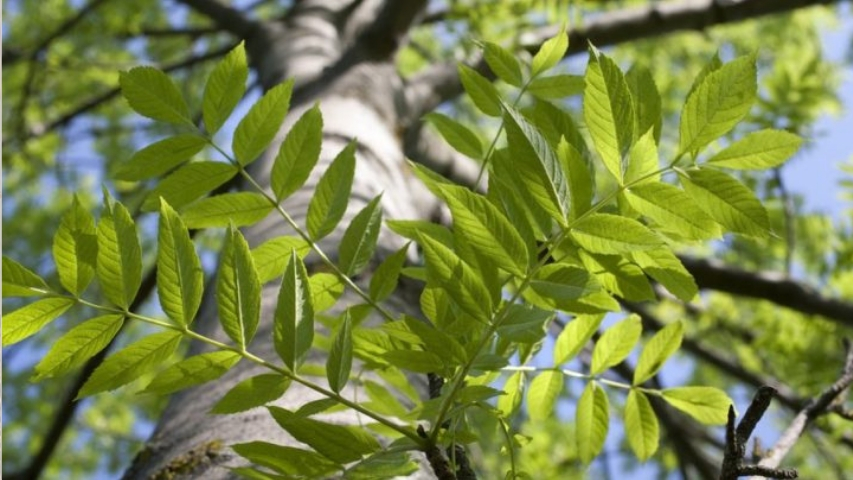
An Insurance Policy to Save Trees from Extinction
by Shruthi Venkatesh November 5 2018, 12:26 pm Estimated Reading Time: 2 mins, 34 secsThe world is losing plants at an unprecedented rate. Trees may have to be grown in test tubes in the future as one in five of the world's species are believed to be at risk of extinction. Researchers from Kew Gardens are aiming to store 75 per cent of the world's threatened seeds by 2020. They are also investigating how to freeze species and store them for future use. "It's an insurance policy against extinction in the wild," says Dr John Dickie of Kew's Millennium Seed Bank at Wakehurst in West Sussex. Some researchers suggest this is unlikely to be achieved, because many seeds cannot be stored using conventional means.
2.jpg)
How to save trees from extinction (BBC)
According to models published in the journal Nature Plants, 36% of critically endangered plant species, 33% of all trees and about 10% of medicinal plants fall into this category. "Not all the plant species can be banked in the way of dried seeds in the freezer like we do in the seed bank," says Daniel Ballesteros, who works on cryopreservation at the Millennium Seed Bank. In that case oaks and chestnut are desiccation sensitive and so if the seeds are dried, it’s killed.
Researchers want to freeze coffee beans, cocoa plants, avocado seeds as well as oak trees and so they investigate techniques such as Cryopreservation which involves removing the plant embryo from the rest of the seed, then freezing it at very low temperatures in liquid nitrogen. In this way, trees such as the oak can be stored for the future. To make this technique in use, it seems to need a lot of new investment to build cryopreservation facilities alongside conventional seed banks. The Millennium Seed Bank is already a home to nearly 40,000 wild plants and 2.2 billion seeds which are kept in stringent conditions, dried and stored in vaults at -20C.

A tiny oak tree emerges from a test tube in the laboratory (Breaking News UK)
Others around the world focus on crops, such as rice and their wild relatives. Those preserved seeds are already proving useful. A spokesman for Kew Gardens said: "Today, 60,000 to 100,000 species of plant are faced with the threat of extinction. Plants provide the air we breathe; clean water and we all rely on plants for food. We aim to save plants worldwide with a focus on plants most at risk and most useful for the future.
Ian Parkinson, a conservation manager at High Weald says, “Together with our partners in more than 95 countries worldwide, we have already successfully saved seeds from over 13 per cent of the world's wild plant species. By 2020, our aim is to secure the safe storage of seed from 25 per cent of the world’s bankable plants. We target plants and regions most at risk from climate change and the ever-increasing impact of human activities.” He also says the seed bank is like a bank account in that you can make deposits and withdrawals. Some seeds are to be stored but in real ground growing ones are of the best kind.




-173X130.jpg)
-173X130.jpg)
-173X130.jpg)
-173X130.jpg)
_(1)-173X130.jpg)

-173X130.jpg)
